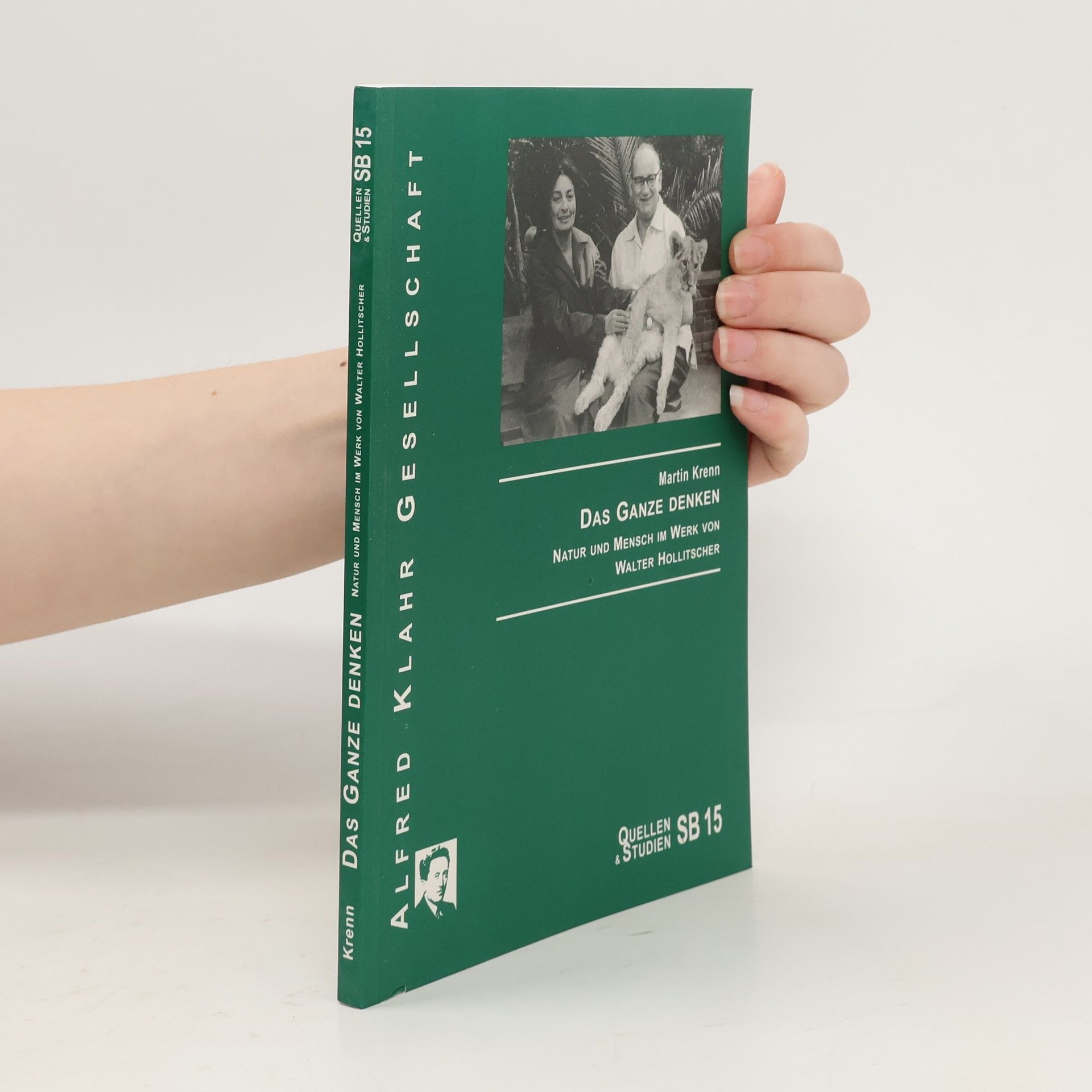DEMOKRATIEPLATTFORM PLATZ_NEHMEN
Beiträge über Kunst, zivilgesellschaftliches Engagement und die Aneignung von urbanem Raum



Beiträge über Kunst, zivilgesellschaftliches Engagement und die Aneignung von urbanem Raum
Ego-Dokumente zur Geschichte des Ersten Weltkriegs im Österreichischen Staatsarchiv
Das Österreichische Staatsarchiv verwahrt die größte Sammlung persönlicher Schriftennachlässe des Landes. „Ego-Dokumente" (Memoiren, Tagebücher, persönliche Korrespondenzen und zunehmend Privatfotografien) von Staatsmännern, Diplomaten, Militärs und Beamten, aber auch von weniger prominenten Akteuren und Zeitzeugen ergänzen und bereichern unser Geschichtsbild ganz entscheidend. Rechtzeitig zum 100. Jahrestag des Kriegsausbruchs 1914 macht der von Martin Krenn und Michael Hochedlinger erarbeitete neueste MÖStA-Inventarband die Forschung auf einschlägige Quellenschätze in über 700 Personennachlässen des Staatsarchivs aufmerksam.
Thematisch wie quantitativ äußerst umfangreich präsentiert sich das Werk des marxistischen Philosophen und Volksbildners Walter Hollitscher, der ohne Übertreibung als Universalgelehrter und enzyklopädischer Denker bezeichnet werden kann. Friedrich Engels‘ Charakterisierung der dialektisch-materialistischen Philosophie als Wissenschaft vom „Gesamtzusammenhang“ aufgreifend, bilden Natur und Mensch dabei die entscheidenden Wegmarken in Hollitschers Frage nach der materiellen Einheit der Welt. Die Verfasstheit des Menschen ist für ihn nur durch die spezifische (Plessner: „exzentrische“) Positionalität des menschlichen Seins innerhalb der allgemeinen Natur- und Gesellschaftsgeschichte zu begreifen, nicht in der Konstatierung einer a-historischen, endgültig feststehenden „Wesenheit“ des Menschen. – Die vorliegende Studie von Martin Krenn versteht sich als Beitrag, Hollitschers Programm einer materialistischen Naturphilosophie und Anthropologie zu erhellen und seine Bedeutung für die marxistische Theoriebildung zu unterstreichen.